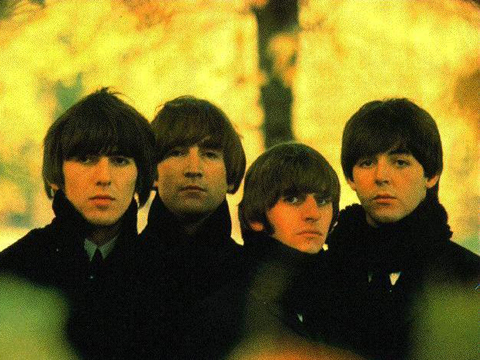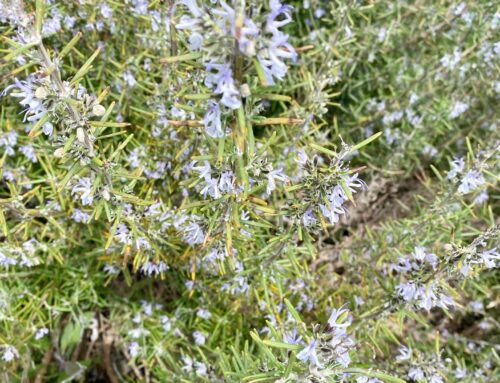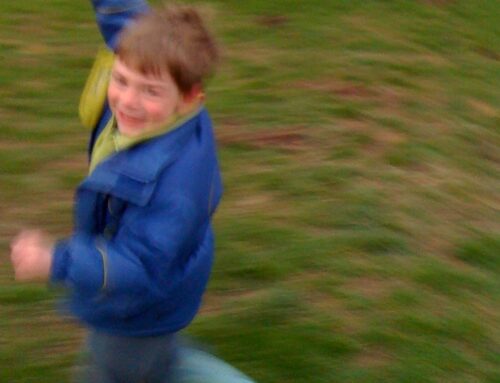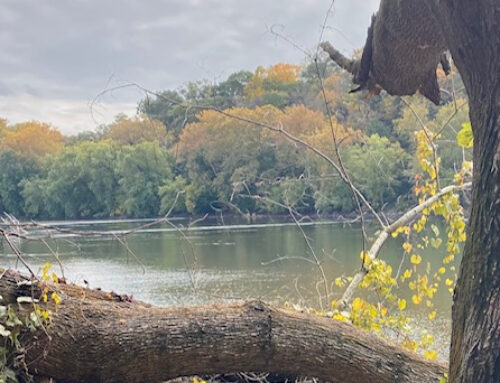I had just finished loading pigs onto the trailer when Peter Gabriel’s “Big Time” came on the radio. You know the tune: “Big Time… I’m on my way, I’m making it. Big Time… I’m gonna watch it growing….” As I pulled onto the highway, headed towards the butcher, I began toying with the words.
“Pig Time! I’m on my way I’m taking them… Pig Time! You know I’ve watched them growing…”
Other songs soon followed. When one of our cows needed to be wormed, Coldplay’s “Paradise” entered my mind.
“This cow has para-para-parasites… whooooooaaaaa…”
Once I started, I couldn’t seem to stop. At farmers market, each time a customer bought a package of sweet italian sausage, I hummed Paul Young’s song: “Every time you go away… you take a piece of meeeeat with you.”
Tom Petty’s “Free Fallin’” became a chorus of chickens swaying side to side, wings on one another’s shoulders. “Now we’re freeeeeee… free ranging…. I imagined a rooster in leather pants grabbing the mic: “Yeah I’m freeeeeeee… free ranging!
So a few weeks ago, when an old Beatles song floated across the radio, my farming ears were tuned in. Ever since I had returned to the farm fifteen years earlier, I had focused on rebuilding our soil’s fertility, rejuvenating the earth after centuries of rough farming practices. Generations of plowing, harvesting and erosion had depleted our land to such a sorry state that weeds were more common in our pastures than bluegrass or clover. When I arrived back home from college, our farm needed help and needed it fast.
But a hundred years of damage can’t be corrected in a season, or even a decade. Early in my farming career, I realized that if our land would ever return to its true potential, then I’d have to be very, very patient. The words on the radio spoke to me:
“When I find myself in times of trouble, Mother Mary comes to me… speaking words of wisdom, let it be.”
I was struck by the power of these familiar lyrics, especially as they apply to farming. As a child growing up in a rural community, old farmers often sat around the local feed store, discussing the season. They complained that the soil wasn’t as fertile as it used to be, and worried over diminishing crop yields. Their land was ‘worn out’ they said. What could a farmer do?
What could a farmer do? It was a question I must have heard a hundred times in my childhood, something that offered little hope for the future, and carried a note of resignation. After all, if a farmer doesn’t have fertile soil, then what does he have?
I thought back to my first days as an organic farmer, fresh out of college. The same old farmers rolled their eyes as I told them about my plans.

Neglected for years along the edge of a hayfield, this crown vetch is so thick it’s nearly growing over the fence post!
“Without herbicide sprays, your fields will be overrun with weeds,” they said.
But my fields were already full of weeds, I shrugged, so I can’t do much worse.
“You can’t grow crops without fertilizer,” they said.
That’s why my cows will eat grass, I replied. They’ll fertilize the soil with their manure.
“You can’t feed the world on organics,” they said.
But I’m not trying to feed the world. I just want to feed my local community.
Years later, I listened to Paul McCartney’s gentle voice, the simple piano accompaniment, and noticed something for the first time. For thirty seconds or so, it’s just him and the keyboard, a single voice and a simple melody, speaking from the heart.
Then, something magical begins to happen. At the end of the first verse—so subtle that it’s easy to miss—a soft chorus responds. “Yes,” the voices seem to say. “Yes, we hear you. There will be an answer.”
I had heard this song a thousand times before, but had never noticed these voices. Suddenly, I had goosebumps.
Ringo’s drum falls in next. Tap tap tap tap, tap tap tap tap. A verse later, out of nowhere, an organ volunteers itself in the background. It’s not until the song is nearly halfway over that we hear George’s guitar, a roaring electric endorsement. A guitar playing second fiddle to a piano? How often does that happen?
I closed my eyes, letting the music wash over me. As was my habit, I found myself tweaking the words, transforming it into a farming song.
“When I find myself in times of trouble, Mother Mary Nature comes to me… speaking words of wisdom, let it be.”
When our own farm was in dire straights in the mid 1990s, when the crop yields weren’t enough to cover our costs and chemical-fertilizer bills nearly sank our operation, the philosophy of ‘letting it be’ was what finally got us back on track. Building soil through organic practices and discovering long term sustainable solutions is what lifted us out of debt. Fifteen years later, our farm is back on track. Mother Nature knows how to take care of herself, if only we have the sense to listen.
Let it be. This is how farms will succeed in the future, with balance and harmony. A growing chorus of voices is lending strength to the melody, speaking words of wisdom. It’s what sustainable agriculture was always intended to be.
Check out my books!












Leave a Reply